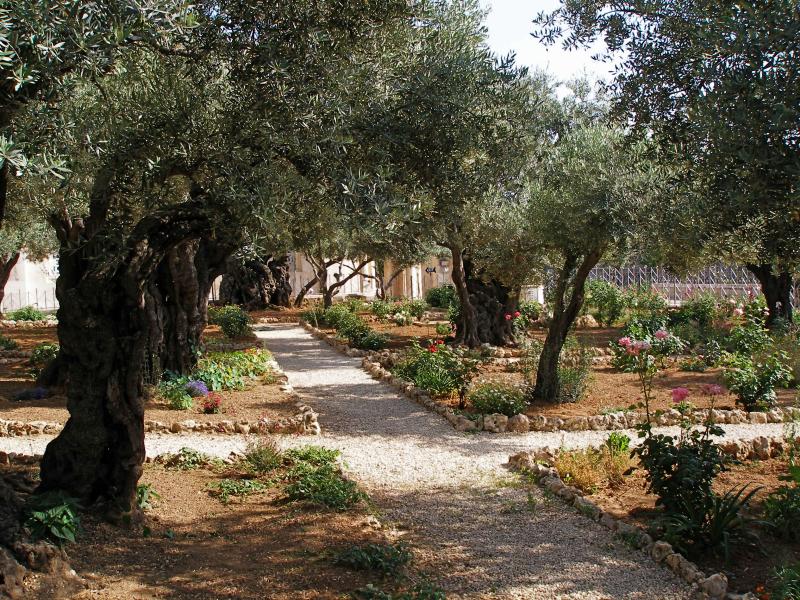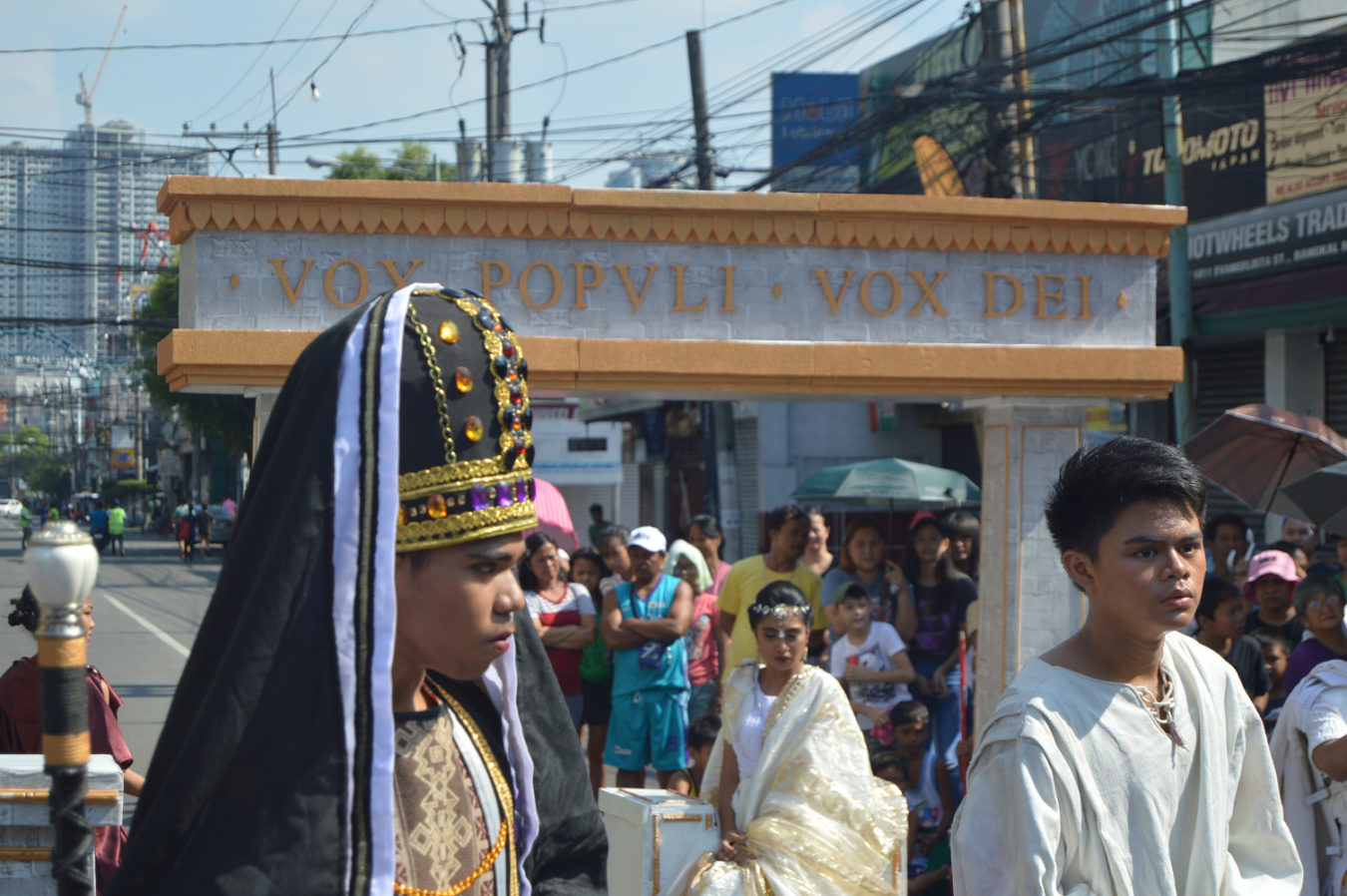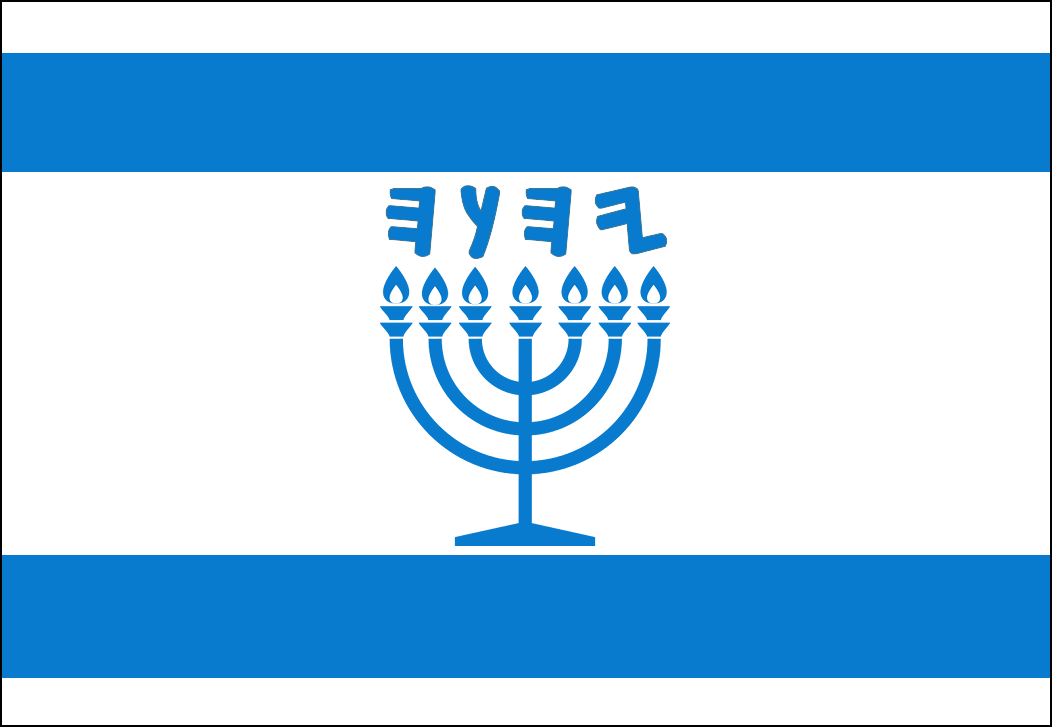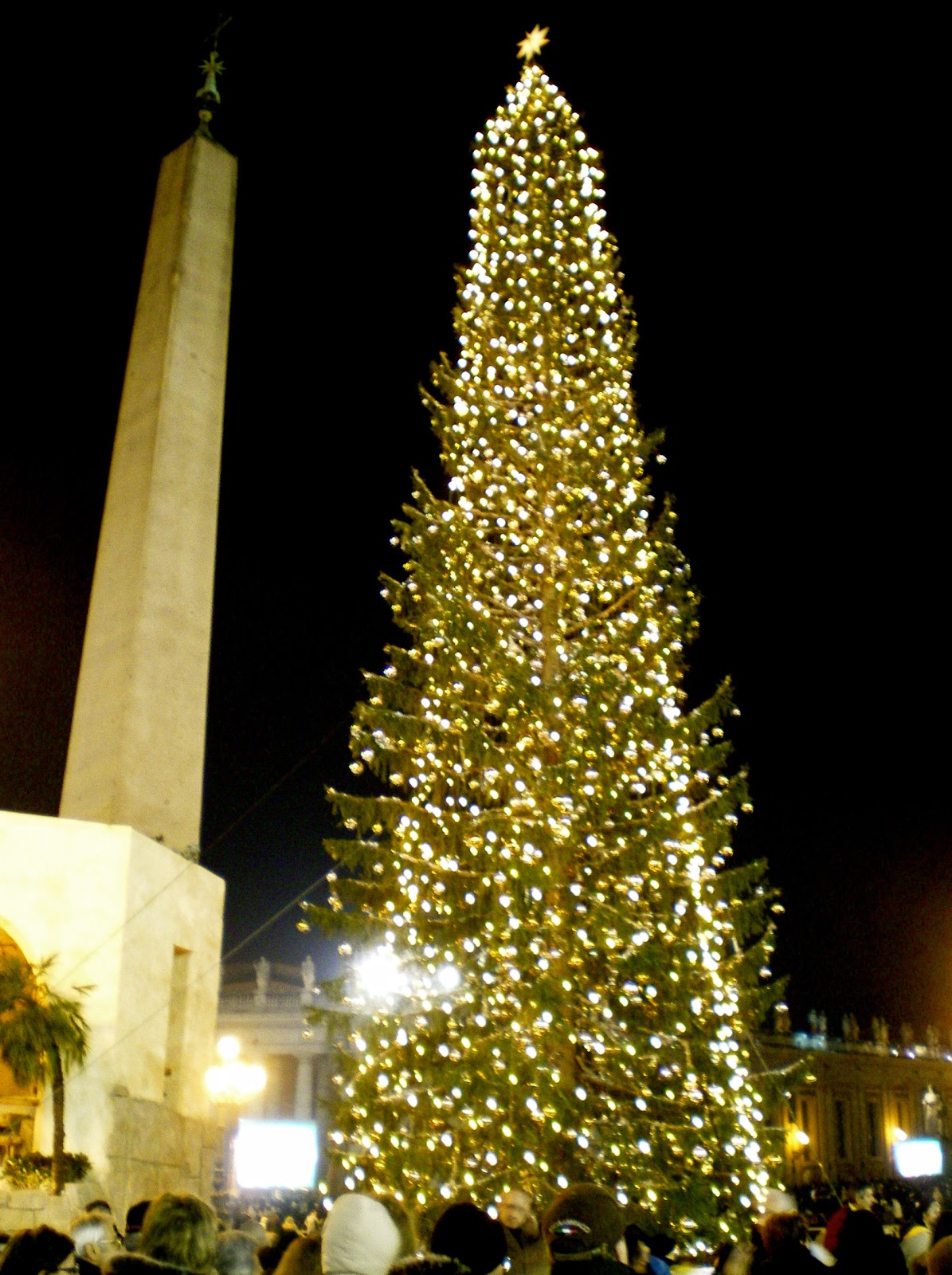
One Way Faith

Three days and three nights in the belly of the beast
In a previous article we explored how to account for the Three days and three nights in the heart of the earth
passage in Mattithyahu (Matthew) 12:40. However, as we continue to deepen our faith and seek truth, new revelations come to light. Today, I’d like to share my belief that 𐤉𐤄𐤅𐤔𐤅𐤏 (Yahushua) haMashiah (or Jesus the Messiah) was indeed in the grave for three literal days and nights.

The Feast of 𐤉𐤄𐤅𐤄 (YAHUAH)'s Passover
The Feast of 𐤉𐤄𐤅𐤄 (YAHUAH)’s Passover or 𐤐𐤎𐤇 (Pesach) is the first in the annual seven appointed times we are to observe diligently. However, in the so called “New Testament” era, it is commonly taught that this is no longer important and meaningless. But is it?

Three days and three nights in the heart of the earth
The Feast of Passover or Pesach is three nights from now. The Christian “Holy Week” begins tomorrow with the celebration of “Palm Sunday”. Though there are similarities and a lot of differences between these two, there is one common question: How can “three days and three nights” fit if the Messiah died on Passover and resurrected two days later? Or, died Friday afternoon and resurrected Sunday morning?
Let’s find out together.

Happy true new year!
Happy New Year!
Today is the true New Year as per the Scriptural Zadok Calendar (March 25th of the year 2020) as well as the Scriptural Luni-Solar Calendar (Day 1 of the 1st Month, also known as New Moon Day).

The old testament Law, or Torah, was nailed on the cross
Christian preachers always teach that the Old Testament Law, or Torah, was nailed on the cross, that we are no longer under the Law but under Grace. But is this doctrine Scriptural? What does the Bible say about it?

Feasts of Passover & Unleavened Bread
The first and second of seven Feasts of 𐤉𐤄𐤅𐤄 (YAHUAH) is Pesach or Passover and Matstsah or Unleavened Bread. The Feast of Pesach / Passover is tonight at sundown while the Feast of Matstsah / Unleavened Bread begins on the fifteenth day (sunrise is the beginning of a day) and ends on the twenty-first day at sundown (sunset ends a day).

It's all about 𐤉𐤄𐤅𐤄 (YAHUAH)!
O give thanks unto the LORD; call upon his name: make known his deeds among the people.
Tehillim (Psalms) 105:1, King James Version

Your Christian Bible and Christmas trees
What does the Christian Bible says about the “Christmas Tree”? Here are some verses and a video. Don’t believe this, rather, pick up your family Bible collecting dust and begin studying. Don’t just accept what you’re being told, hearing from preachers, priests, pastors, and teachers, prove it for yourself!

The YOOki Chronicles is Yohan Yukiya Sese-Cuneta’s return into casual and personal blogging. The name “YOOki” is a mash-up of the acronym of YourOnly.One and my nickname ᜌᜓᜃᜒ (Yuki・雪矢).
Interestingly, according to Chinese legend,
.1柳
(YOO) is an ancient Chinese surname. The ancestors of the surname were closely linked with the ancient sage-king named Yu Shun. In Korea, the 유
(YU) lineage traces to the Xia, Han, and Joseon dynasties. Holders of the surname Yu or Yoo had a reputation for charity and diligence
It is also the word for “willow” or the “willow tree” which means graceful or slender; and a tree growing near a body of water which provide continuous nourishment and resources for everyone. It can also mean to exist, an oil (anointment(?)), and simply as “U” (you).
The Hanzi 紀
(ki) character means to record, be disciplined, provide order. While the Hangeul equivalent, 키
(ki), means energy, spirit, a banner, and a period of time; and is also a suffix used to make a gerund or an infinitive.
